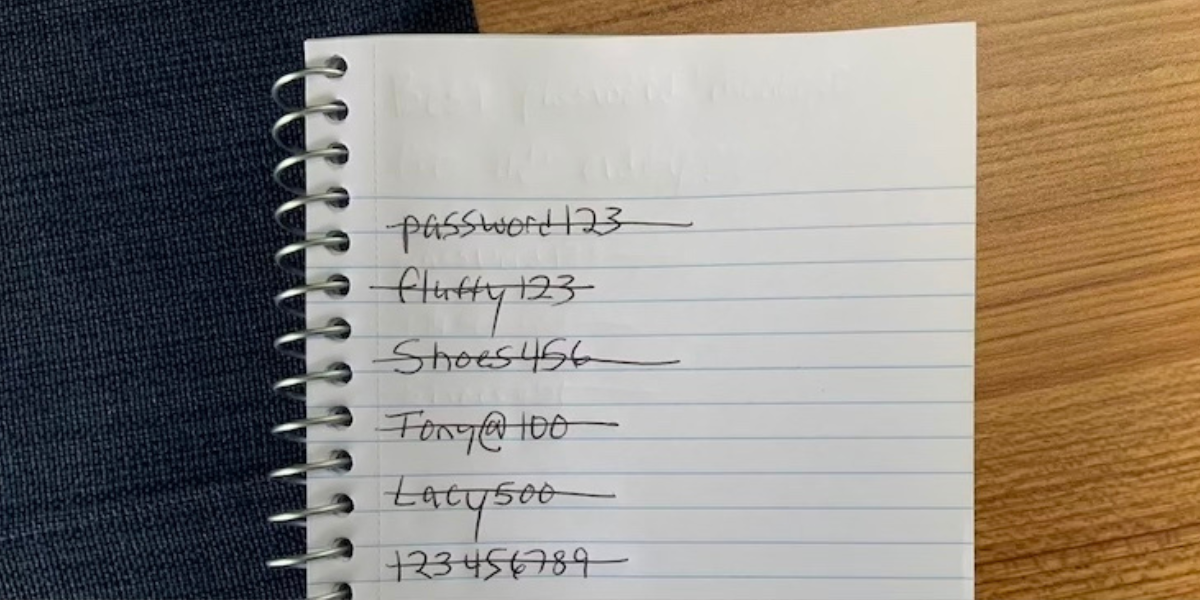Thinking of a strong password to use in your email, social media accounts, or mobile apps may appear to be a hard process, especially when it is recommended that you use a different password for each site you visit. Anyone would be daunted if they had to create and remember multiple passwords like bR! 6hT-7! F3-20! 23^.
Writing passwords on sticky notes is something that older people do, and that is a fact. According to a November 2022 online survey conducted by the nonprofit Security.org, one-third of people write down their passwords and two-fifths simply memorize them.
And the rest? They easily forget.
Why do you need a strong password?
According to Google, 24% of users have used the words “password,” “Qwerty,” or “123456” as their account password, while only 34% change their passwords on a regular basis.
You may be wondering why you need a strong password at this point. Even if most websites are secure, there is always a chance that someone will try to access or steal your information. This is commonly referred to as hacking. A strong password is one of the most effective ways to protect your accounts and personal information from hackers.
1. Don’t introduce yourself
Personal information such as your name, birthday, user name, or email address should never be used. This type of information is frequently made public, making it easier for someone to guess your password.
2. Have different passwords for every account
Use a different password for each account. If someone discovers your password for one account, they will have access to all of your other accounts.
3. Don’t use words and names found in your dictionary
To make the password more difficult to guess, replace letters with numbers or symbols. Or make deliberate spelling mistakes in the password or passphrase. P8tty0G#5dn, for example, for “patio garden.”
4. Play with your keyboard’s characters
When creating your own password, make sure it has at least eight characters. However, that is a low bar for hackers to overcome. At least 12 characters is preferable; 20 characters is preferable. NIST, the federal agency that develops cybersecurity guidelines, now wants websites to support up to 64 characters.
How not to forget passwords
Instead of writing passwords on sticky notes that others can find — especially in a public place like an office — keep a list of passwords on your computer in a spreadsheet, Word processing document, or notes app. Just ensure to encrypt, or lock, the file with a master password or passphrase in case someone gains access to your computer, phone, or tablet.
Another reason to organize your accounts and secure your passwords is that it will make it easier for your loved ones to handle your affairs. However, you have to make sure that you only share your password with people you truly trust.

